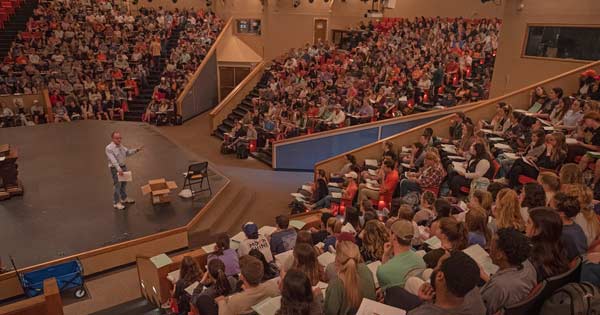The Graduate School
The Graduate School offers more than 100 graduate degree programs in 85 disciplines on the college's main campus and at sites such as Clemson at the Falls, the Clemson University International Center for Automotive Research and the Clemson Architecture Center as well as some online/distance-learning programs. Many of our graduate programs are highly ranked nationally, and we offer several unique interdisciplinary programs.
Undergraduate Studies
Undergraduate Studies is a multifaceted service and support unit dedicated to the intellectual and personal growth of undergraduates at Clemson University. The mission of Undergraduate Studies is the enrichment of the undergraduate academic experience, from initial recruitment and admission, through graduation, and preparation for a life of productive and responsible citizenship.
Online Education
The Office of Online Education, a unit reporting directly to the Provost, works closely with leadership teams across the University to develop, market, and deliver top-quality courses and programs in blended and online formats. The office provides vision, leadership, coordination, and expertise in support of faculty design, delivery, and evaluation of technology-enhanced, blended, and fully online courses and instructional materials.
Off-Campus Programs
For more information, visit the Off-Campus Programs web page.
Clemson University Honors College
Established in 1962, Clemson University Honors College strives to enrich the educational experience of highly motivated academically talented students by providing opportunities for study and research that are usually unavailable to undergraduates.
Emeritus College
The goal of the Emeritus College is to provide a means for emeritus faculty to stay connected to the University and support Clemson's teaching, research and outreach missions. There are more than 600 emeriti affiliated with the college.
CCIT - Clemson Computing and Information Technology
For more information, visit the CCIT web page.
Global Engagement
The Office of Global Engagement (OGE) coordinates international activities and collaborative efforts on Clemson's campus and around the world through programming, services, and development.
Office of Institutional Effectiveness
The Office of Institutional Effectiveness supports the university's commitment to academic and operational excellence through the collection, rigorous analysis and reporting of wide-ranging data.






















